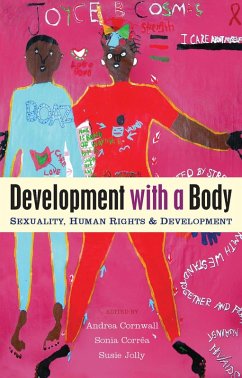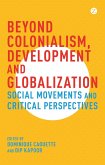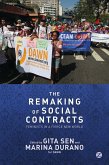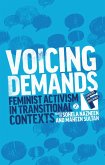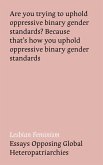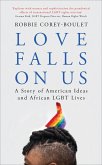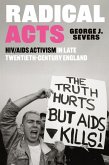'We used to talk about development with a human face. We should be talking about development with a body'
Arit Oku-Egbas, African Regional Sexuality Resource Centre, Nigeria
Sex and sexuality have always had a place at the heart of the development agenda - from concerns regarding population and environment, to practices in education and efforts for protecting reproductive health and rights. Yet this agenda has largely focused on negative dimensions of sexuality - disease, risk, violation - rather than positive aspects, including rights to sexual fulfillment, wellbeing and pleasure. The shift towards a rights-based approach to development has brought the human rights dimensions of sexuality into clearer view, and consequently the need to address discriminatory laws and violations of the human rights of those whose sexual identity and practices diverge from dominant sexual orders/norms.
This book offers compelling insights into contemporary challenges and transformative possibilities of the struggle for sexual rights. It combines the conceptual with the political, and offering inspiring examples of practical interventions and campaigns that emphasize the positive dimensions of sexuality. It brings together reflections and experiences of researchers, activists and practitioners from Brazil, India, Nigeria, Peru, Serbia, South Africa, Turkey, the UK and Zambia. From political discourse on sex and masculinity to sex work and trafficking, from HIV and sexuality to struggles for legal reform and citizenship, the authors explore the gains of creating stronger linkages between sexuality, human rights and development.
Arit Oku-Egbas, African Regional Sexuality Resource Centre, Nigeria
Sex and sexuality have always had a place at the heart of the development agenda - from concerns regarding population and environment, to practices in education and efforts for protecting reproductive health and rights. Yet this agenda has largely focused on negative dimensions of sexuality - disease, risk, violation - rather than positive aspects, including rights to sexual fulfillment, wellbeing and pleasure. The shift towards a rights-based approach to development has brought the human rights dimensions of sexuality into clearer view, and consequently the need to address discriminatory laws and violations of the human rights of those whose sexual identity and practices diverge from dominant sexual orders/norms.
This book offers compelling insights into contemporary challenges and transformative possibilities of the struggle for sexual rights. It combines the conceptual with the political, and offering inspiring examples of practical interventions and campaigns that emphasize the positive dimensions of sexuality. It brings together reflections and experiences of researchers, activists and practitioners from Brazil, India, Nigeria, Peru, Serbia, South Africa, Turkey, the UK and Zambia. From political discourse on sex and masculinity to sex work and trafficking, from HIV and sexuality to struggles for legal reform and citizenship, the authors explore the gains of creating stronger linkages between sexuality, human rights and development.

